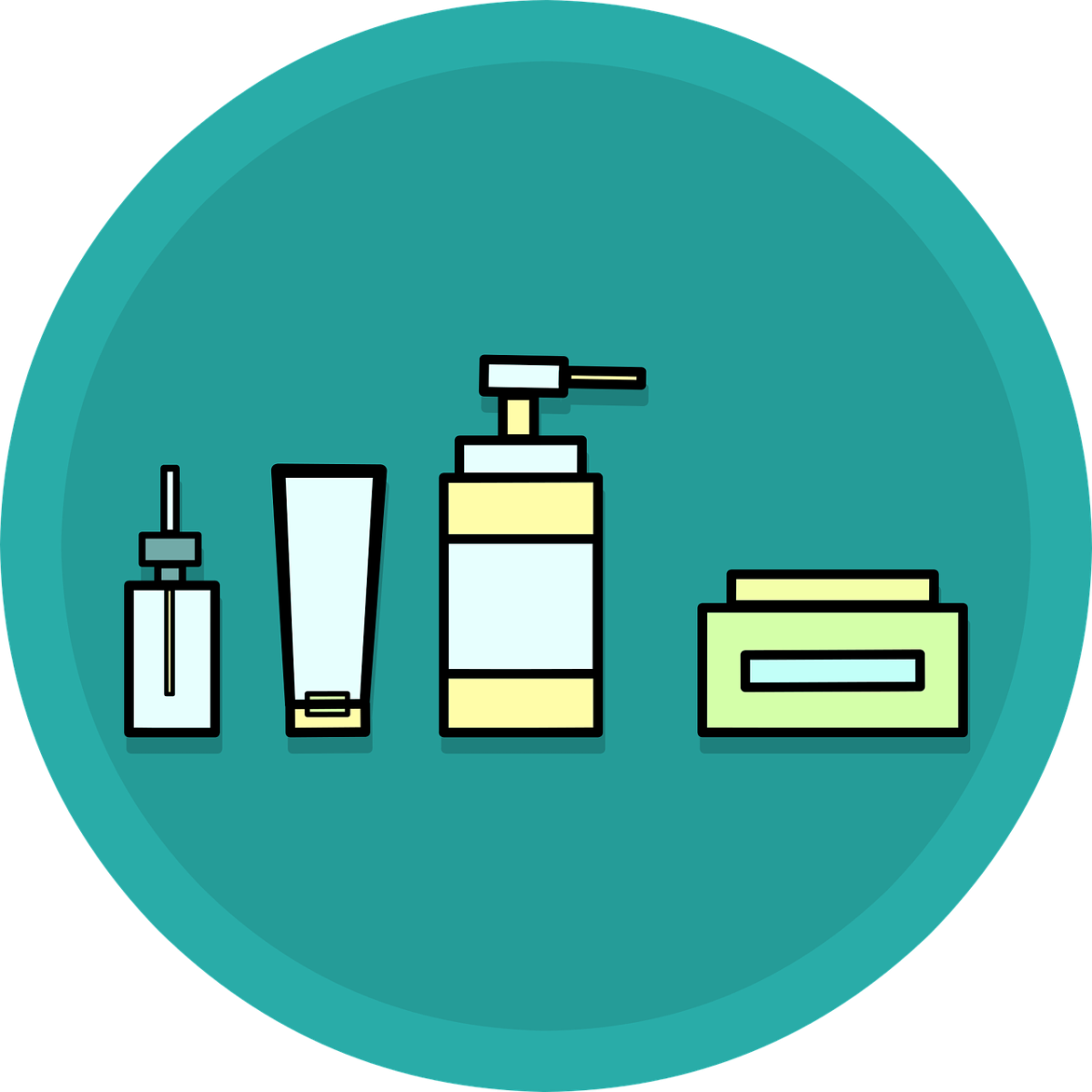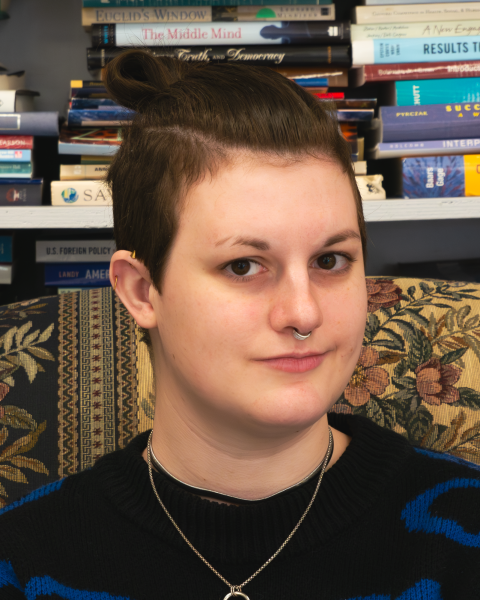Contemporary culture celebrates mindfulness of self-care and personal health. However, the “clean beauty” label does not guarantee the use of sustainable packaging.
The New Trend: Ultimate Self-Care through Beauty
Today’s younger generations wants to find clean beauty products. Clean beauty means shampoo, face washes, makeup etc. that contain little to no harmful ingredients.
Now more than ever, consumers are searching for the term “clean beauty,” according to Google Trends.
Numerous apps, websites and articles inform concerned consumers of available clean beauty products. They also rate brands based on their helpful and harmful ingredients.
Is Clean Beauty Clean on Every Front?
One popular app, Yuka, lists shampoos, conditioners and facial cleanser companies that sport the cleanest products available on the market. Using Yuka, users can scan barcodes to find out what harmful chemicals might be lurking out of view.
Yuka’s lists of the highest-ranking clean shampoos includes brands such as Dr. Bronner’s, Dove and Dr. Squatch. These products are nearly or entirely free of harmful ingredients.
However, all three of these brands package products almost entirely in plastic bottles. Nothing plainly in view on Yuka’s interface addresses or filters out this use of plastic packaging.
The Low-Percentage Truth of Plastic Recycling
Transparency about the ingredients in the products consumers buy is a good thing. But what happens once a plastic bottle is empty and ready to be disposed of?
Statistics provided by the United States Environmental Protection Agency (EPA) show that in 2018, plastic packaging made up a significant amount of the category “Municipal Solid Waste” with more than 14.5 million tons. Only 8.7% of America’s recyclable plastic was actually recycled.
Shampoo and conditioner bottles, which are most commonly made of high-density polyethylene plastic, or HDPE, can often be recycled. HDPE a whopping 29.3% of of recycled plastic in 2018, more than any other type of plastic.
While this may feel promising on first glance, America recycles less than ten percent of its plastic waste in a given year.
All of this makes consumers wonder if we can really label beauty products in plastic containers “clean.”
Who is Working Towards Improvement?
While plastic waste is still a major issue in our modern world, some companies have made purposeful steps towards the reduction of plastic packaging for their products.
One such company, Buff City Soap of Memphis, Tenn., prides itself on ultra-clean products and low-waste packaging.
Buff City’s website features a page titled “Help Center” which, among other things, answers numerous questions about the ingredients in their soaps, detergents, candles and other products, stressing their sustainability and safety.
A glimpse into their storefronts or online stores shows that they package every bar of soap that they make and sell in a simple paper slip and nothing else. The products that do come in plastic containers, such as their specialty scented laundry soap, are refillable if the container is brought back to the location.
Buff City Soap is one of several different examples of beauty companies of all sizes who are working towards reducing the elements of their products that pose harm both to their customers and to the environment.
With any luck, this trend of healthy beauty will grow into something monumental and others will be inspired to take initiative towards a more sustainable future.




